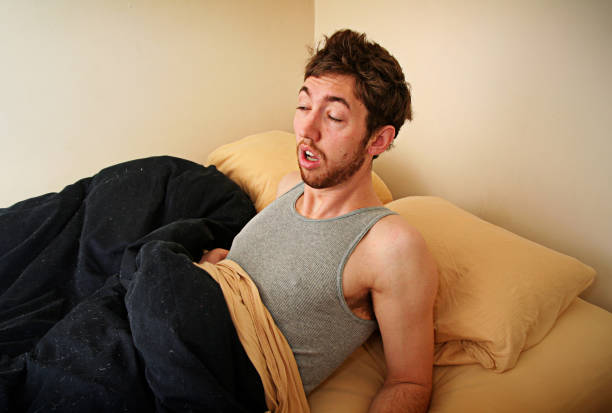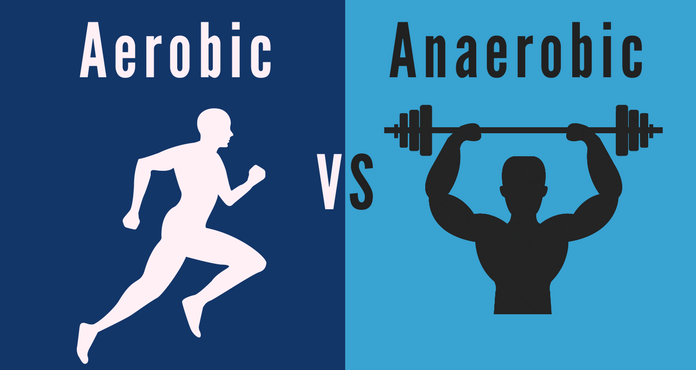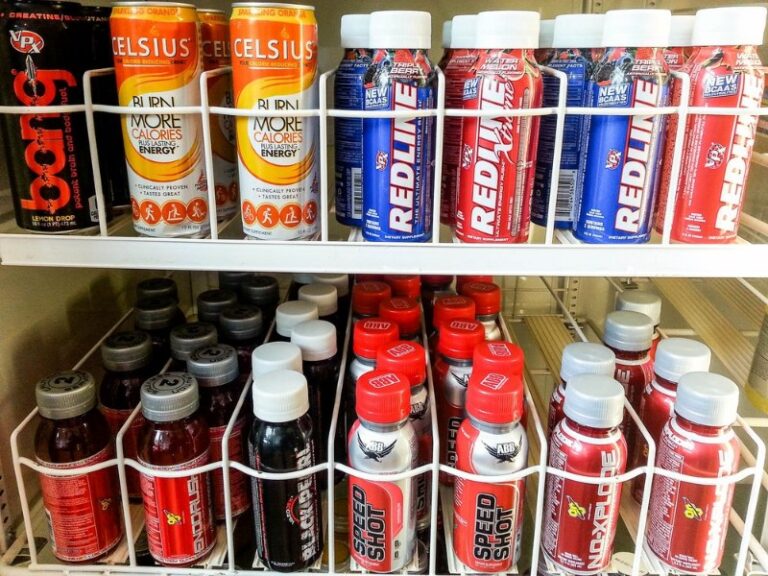Is It Harmful to Work Out Hungover?
Working out has long been touted as a remedy for various ailments, from stress relief to boosting mood. However, when it comes to dealing with a hangover, many people grapple with the question: Is exercising a good idea or something to avoid? As the holiday season approaches, social gatherings often lead to overindulgence in alcohol. If you find yourself waking up feeling less than your best, is exercise the perfect cure or just what your body doesn’t need? Let’s delve into the complexities of working out while hungover, exploring the effects of alcohol on the body, the pros and cons of exercising in this state, and practical tips for managing your health.
Understanding Hangovers: What Happens to Your Body?
A hangover is a collection of symptoms that occur after consuming alcohol. It can leave you feeling dehydrated, fatigued, and generally unwell. The physiological effects of alcohol consumption can be quite harsh on your body, leading to a variety of symptoms:
- Dehydration: Alcohol is a diuretic, meaning it increases urine production. This can lead to significant fluid loss, resulting in dehydration. Symptoms of dehydration can include dry mouth, dizziness, and headaches.
- Electrolyte Imbalance: Along with losing fluids, you also lose essential electrolytes, such as sodium, potassium, and magnesium. This imbalance can contribute to feelings of fatigue and weakness.
- Digestive Issues: Alcohol irritates the stomach lining, which can lead to nausea, vomiting, and digestive discomfort. You may also experience a slower digestive process, making you feel bloated or uncomfortable.
- Disrupted Sleep: Although alcohol can initially make you feel sleepy, it disrupts your sleep cycle, leading to poor-quality rest. This lack of restorative sleep can leave you feeling groggy and fatigued the next day.
- Brain Fog: A hangover often comes with cognitive impairments such as decreased concentration, memory issues, and overall brain fog. This can make it challenging to focus or make decisions.
Understanding these effects is crucial when considering whether to work out while hungover.
Can You “Sweat It Out”?
The concept of “sweating it out” after a hangover is a common belief, but it’s important to clarify that there’s no scientific evidence supporting this idea. The notion suggests that physical activity can help expel the toxins from your body, but this is a misconception.
When you exercise while hungover, what you might experience is a temporary feeling of relief due to the release of endorphins—your body’s natural feel-good hormones. Increased circulation and fresh air may also contribute to a slight improvement in how you feel. However, these effects do not mean that you’re effectively eliminating the alcohol or its byproducts from your system.
Is Working Out While Hungover a Good Idea?
While exercising can provide various health benefits, working out while hungover isn’t always advisable. It largely depends on the severity of your symptoms and how you feel overall. Here are four key factors to consider:
1. Energy Levels
Although exercise can provide a short-term energy boost, it’s essential to recognize that your body may be in a state of fatigue and dehydration after a night of drinking. If you’ve had a late night and didn’t get enough rest, your body likely needs sleep and recovery more than it needs a workout. Pushing through an intense workout during this time can lead to exhaustion, further delaying your recovery.
2. Cognitive Function
Hangovers are often accompanied by cognitive impairments, including brain fog, dizziness, and a decrease in overall cognitive performance. These symptoms can heighten your risk of injury during a workout. For example, if you’re feeling lightheaded or unfocused, you may not be able to execute exercises with proper form, increasing the likelihood of strains or accidents.
3. Dehydration
As mentioned earlier, alcohol causes dehydration. Adding a sweat-inducing workout to the mix can exacerbate fluid loss, leading to more severe dehydration. This scenario can make you feel worse and prolong your recovery. Hydration should be your top priority when dealing with a hangover, so it’s crucial to drink plenty of fluids before considering any physical activity.
4. Nausea
If your stomach is unsettled and you’re experiencing nausea, working out might not be the best choice. Engaging in physical activity can make nausea worse, leading to further discomfort. It’s generally advisable to take a day off and focus on rehydrating and resting until your stomach feels more settled.
Practical Tips for Working Out While Hungover
If you find that your hangover is mild and you’re feeling up to exercising, there are some practical tips to help prioritize your health and well-being:
Hydration Is Key
The first step in addressing a hangover is to rehydrate. Drink plenty of water before and after your workout. Aim for more fluids than you typically would, as alcohol has likely left you dehydrated. Electrolyte drinks can also be beneficial, as they help replenish lost minerals. Foods high in water content, such as watermelon, can also aid in hydration.
Eat Light and Nutritious
Before you hit the gym or go for a walk, consider having a light snack. Choose something that includes both protein and carbohydrates, such as a piece of toast with peanut butter or a banana. Contrary to popular belief, a heavy or greasy meal can add stress to your digestive system. If your appetite is low, opt for easily digestible foods.
Choose Low-Intensity Workouts
If you decide to work out, keep the intensity low. Gentle activities like walking, yoga, or light stretching can be beneficial without putting too much strain on your body. Heavy lifting, high-intensity interval training (HIIT), or any strenuous exercise should be avoided until you feel fully recovered.
Listen to Your Body
Always pay attention to how your body feels. If you start to feel worse during your workout, it’s best to stop and rest. Honor your body’s signals and give yourself permission to take it easy. Remember, a workout may provide a temporary endorphin rush, but it could also lead to increased fatigue or discomfort later on.
Get Outside
If possible, try to exercise outdoors. Fresh air and natural light can work wonders for your mood and energy levels. A walk in nature can be refreshing and uplifting, helping to clear your mind and improve your overall sense of well-being.
Conclusion
The best way to prevent a hangover is to be mindful of your alcohol consumption in the first place. However, if you do wake up feeling under the weather, it’s important to prioritize your health by considering whether exercise is right for you. Always listen to your body and recognize that rest and hydration may be more beneficial than pushing through a workout.
While the endorphin boost from exercise can provide temporary relief from hangover symptoms, it’s essential to weigh the pros and cons carefully. Ultimately, taking care of yourself during this time will set the foundation for a quicker recovery. So, celebrate responsibly, take care of your body, and remember that you don’t have to drink to enjoy social occasions. By making conscious choices, you can navigate the holiday season while maintaining your health and well-being.






